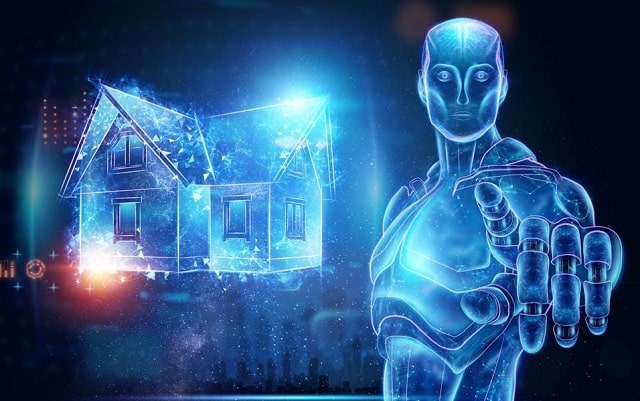
Mortgage Processing: Problem, Meet Solution
The mortgage process has historically been defined by paperwork—a dizzying amount of it. Ploughing through required documentation and verifying data is not just laborious, but because it relies on manual processes it can potentially produce errors that result in additional delays and customer distress. By introducing smart technology into certain time-intensive processes, tasks can be automated, manual labour can be saved or directed elsewhere and turn times can be shortened—a result that will put a smile on your face and delight your lender as well.
Innovative Solutions Across The Mortgagesphere
In reducing industry pain points, automation was heralded as the key optimizing factor—but you can’t automate simply by “going digital.” You need smarter technology. The inherent innovations in both AI and machine learning (and to a lesser degree, robotic process automation) allow for time-consuming activities to be completed largely without human involvement. This means the gathering, reviewing and verifying of critical mortgage-related documents can be effectively undertaken and resolved by leveraging AI and deploying it across the enterprise.
It is about reducing friction for all parties throughout the lifecycle of the transaction customer, lender, investor, everyone. Introducing automation into the mortgage process leads to a superior borrower experience and a cost reduction model available to all participants.
Let's Take A Closer Look At The Big 3
- AI (Artificial Intelligence)* AI is typically defined as the ability of a machine to perform cognitive functions we associate with human minds, such as perceiving, reasoning, learning, interacting with the environment, problem solving, and even exercising creativity. “Reading” and extracting information from a mortgage-related document, for example, would be considered an AI function.
- Machine-Learning* algorithms detect patterns and learn how to make predictions and recommendations by processing data and experiences, rather than by receiving explicit programming instruction. Working in predefined areas, machine learning yields results that are:
• Descriptive—it describes what happens
• Predictive—it anticipates what will happen
• Prescriptive—it can provide recommendations on what to do based on past experience (historical data)
- Robotic Process Automation (RPA) is a productivity tool that allows a user to create scripts (which some refer to as “bots”) to mimic or emulate selected tasks within an overall business or IT process. Unlike AI and machine learning for mortgages, RPA tasks need to be explicitly programmed by a human. Chat bots are an example of RPA that you are likely familiar with from a host of online retailers.
Taken together, these advancements can provide measurable value to help automate mortgage processing—and bring more value to you and your lender by:
1. Reducing costs for everyone involved
2. Closing loans faster
3. Eliminating mistakes throughout the process
4. Enhancing customer experience
Mortgage Platforms With Machine Learning Capabilities
There are some players such as Tomo or ROSHI which have emerged as innovative players in the mortgage industry with plans to leverage cutting edge tech to help measurably improve how borrowers experiencing the loan buying journey, their data is extracted, read, understood and classified. Ultimately, this means bringing clarity, eliminating pain points, closing loans faster while serving more customers.
It is the type of technology that can ultimately transform an industry. These startups are confident next-level efficiencies will help all lenders accelerate growth, reduce turn times and improve their ability to scale, leading to lower costs and fewer errors.
By automating a slew of repetitive, manual tasks that are built into the mortgage origination process, lenders can accelerate certain loan-closing and post-closing processes more quickly and better scale their capacity.
If you are looking to compare the best refinance home loans or find the best home loans rates go and check out these startups for yourself.
